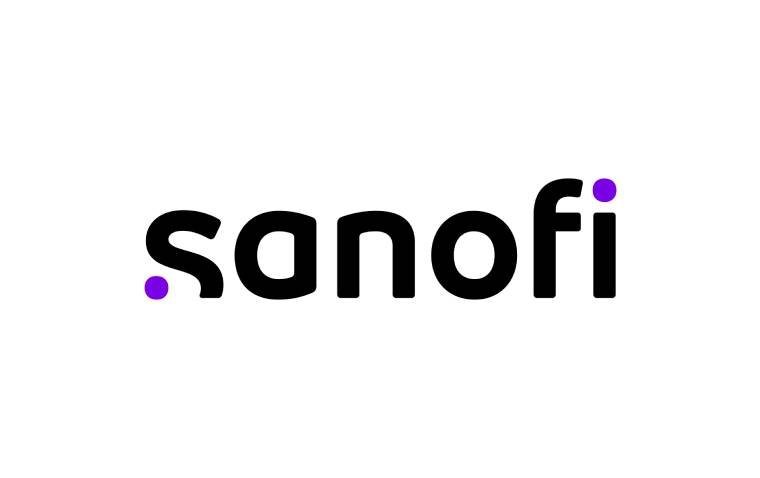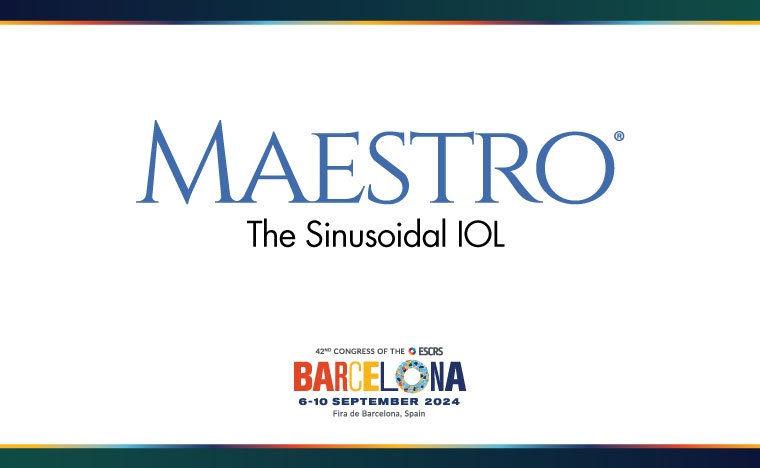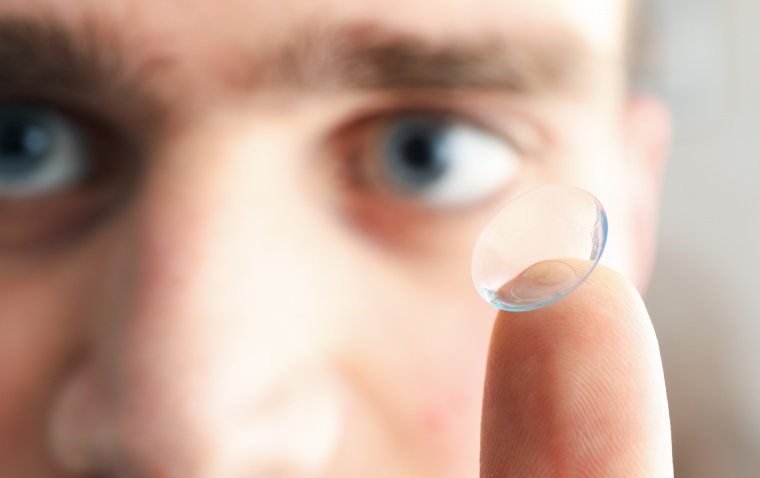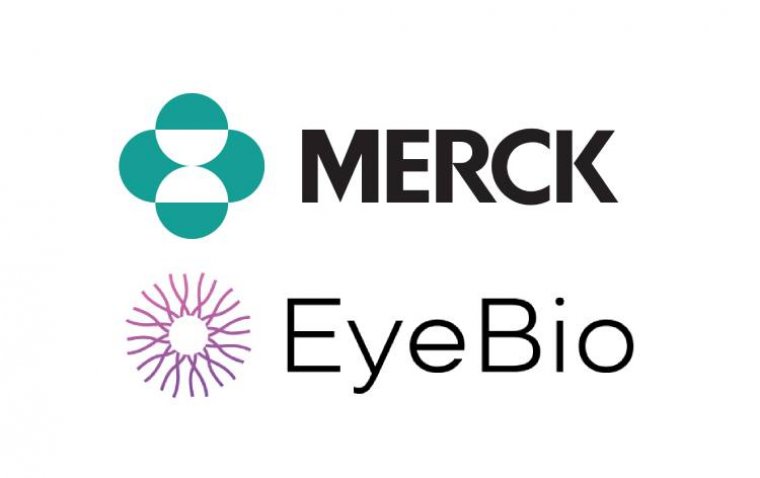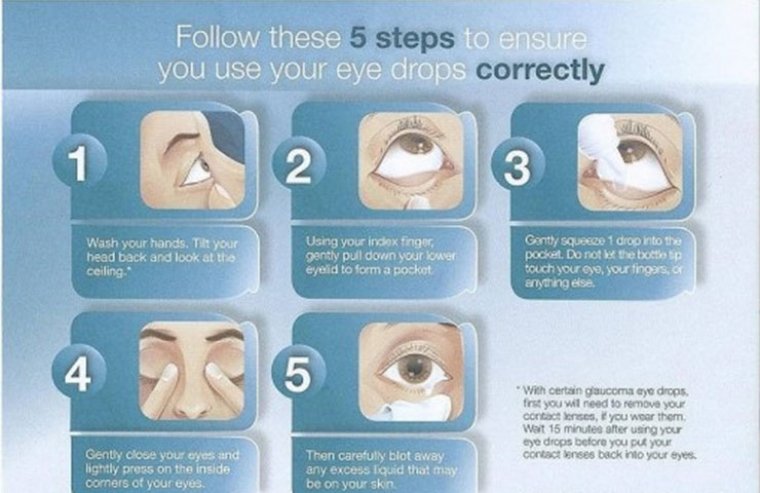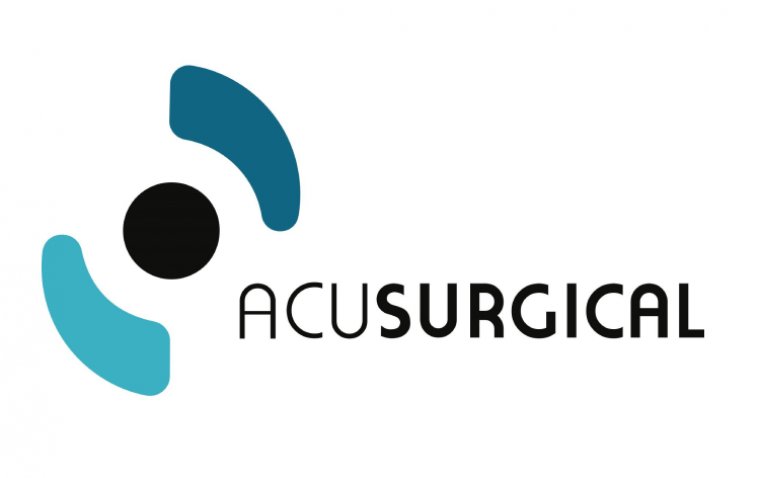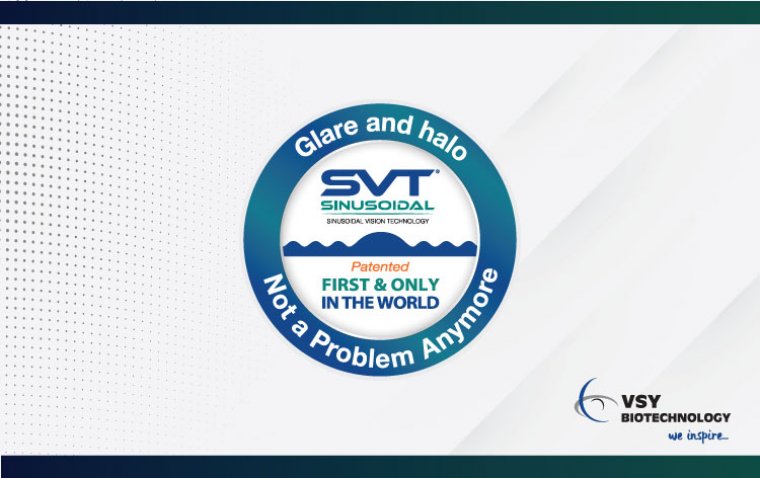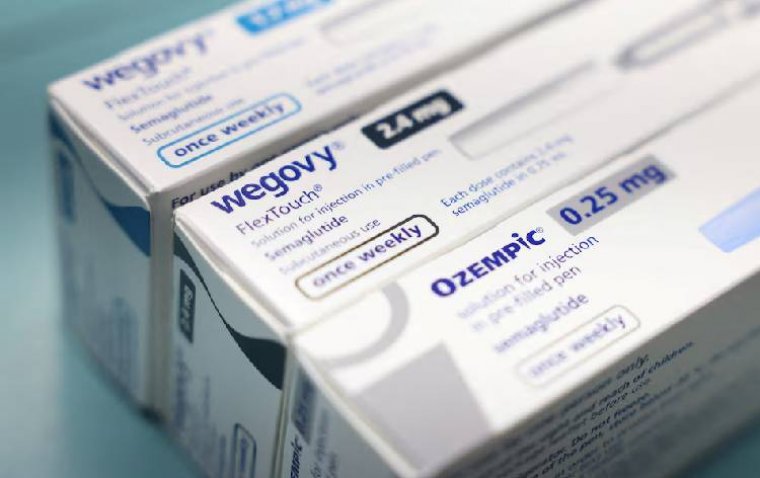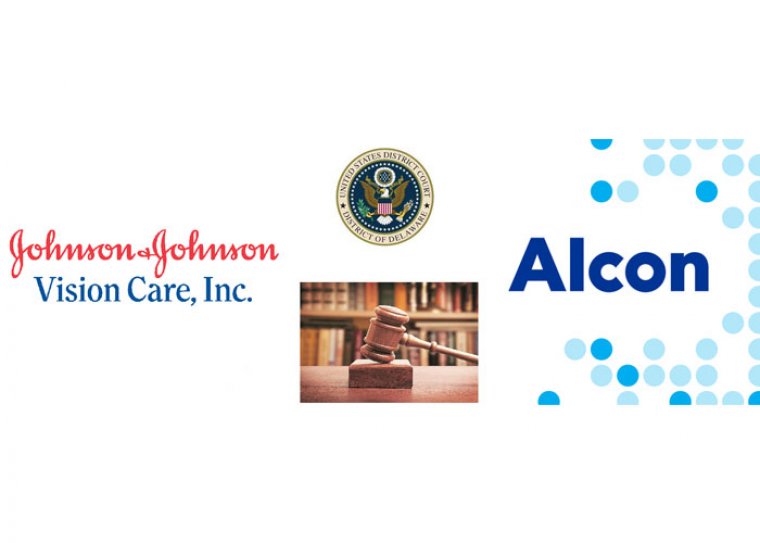
Johnson & Johnson Sues Alcon
Johnson & Johnson Vision goes to court against Alcon for its intellectual property rights. Alcon and J&J Vision are facing off in the U.S. District Court, District of Delaware, No. 20-cv-00842.
After a US District judge rules against request for preliminary injunction, Johnson & Johnson Vision moves forward with litigation in several countries, including the United States, to resolve intellectual property disputes against Alcon.
Johnson & Johnson Vision (J&J Vision) is pursuing litigation in several countries, including the United States, to resolve an intellectual property dispute against Alcon, according to a prepared statement.
J&J, which is represented by lawyers including Michael Morin of Latham & Watkins, said in a statement that U.S. District Judge Colm Connolly found J&J had demonstrated a likelihood of success on its copyright infringement claims, and that potential damages could be significant.
Alcon has also asserted patent infringement claims against J&J in the United States and in Europe relating to J&J’s Catalys femtosecond laser system. Both parties have asserted that the other’s patents are invalid, and both parties deny infringing the other party’s patent rights.
In February, J&J Vision filed a motion for a preliminary injunction against Alcon in its U.S. case, asking the court to prevent Alcon from selling new and refurbished LenSx femtosecond laser systems while the suit is pending.
Last week, the court ruled that a preliminary injunction was not warranted because the injuries claimed by J&J, if proven at trial, would be adequately compensated by money damages and J&J waited more than six years to file suit.
Alcon released a statement saying the company “is confident in its position and will continue to defend its rights and prosecute its claims of patent infringement against J&J Vision in the United States and Europe.”
Alcon also was buoyed by the District Court ruling denying J&J Vision’s request for a preliminary injunction.
“For the benefit of customers and patients around the world, and consistent with that ruling, Alcon will continue to sell, install and service LenSx Laser Systems,” the statement concluded. “As a matter of corporate policy, we have no further comment on pending or ongoing litigation.”
AMO, a company acquired by J&J in 2017, sued Alcon in June 2020, accusing it of infringing multiple patents on laser eye surgery technology. In October, it filed an amended complaint adding copyright claims, alleging that Alcon had stolen copyrighted computer code.
The code in question is used in J&J products primarily for performing LASIK vision correction surgery, according to court documents. J&J alleges that Alcon copied it for use in its LenSx Laser System, a cataract surgery system.
The LenSx system was developed by a company, LenSx, that was acquired by Alcon in 2010. J&J also makes a competing cataract surgery product, the Catalys Precision Laser System.
In its preliminary injunction motion, J&J said its copyright claims had initially been based on “suspicious similarities” in the two companies’ computer code.
“But J&J Vision’s subsequent inspection of Alcon’s confidential source code has revealed theft and deception on a grand and shocking scale – of the type usually found in paperback novels and Hollywood movies, not real-life disputes between publicly traded companies,” it wrote.
Alcon, J&J said, “stole J&J Vision’s software wholesale,” copying more than 26,000 lines of computer code and changing dates and comments associated with it to make it appear original.
Despite the attempted coverup, J&J claimed, the theft was “so pervasive that Alcon missed some of it, leaving smoking guns behind.” Those included comments dated from before LenSx’s founding and typos identical to those in J&J’s code, it said.
J&J said that multiple developers from AMO had gone on to work at LenSx.
(1).jpg)
